In which of the following compounds , the C - Cl bond ioniosation shall give most stable carbonium ion ?
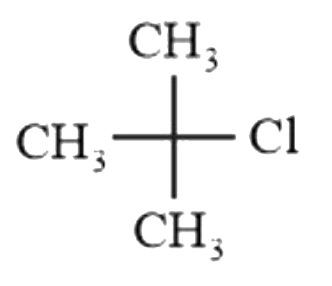
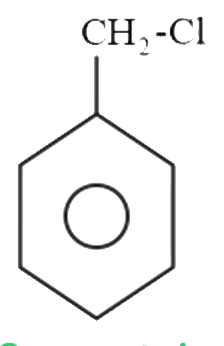
O2NCH2CH2Cl
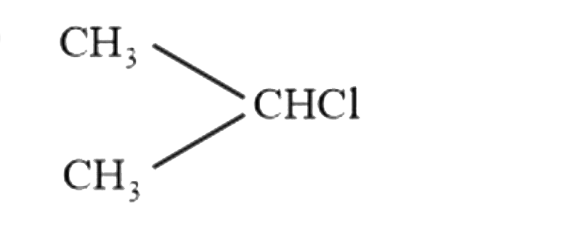
The correct Answer is:B
To determine which compound will give the most stable carbonium ion upon C-Cl bond ionization, we need to analyze the stability of the carbocations formed from each compound. Here’s a step-by-step breakdown:
Step 1: Identify the Compounds
We have four compounds to analyze:
1. Compound 1: Tertiary alkyl chloride (e.g., tert-butyl chloride).
2. Compound 2: Benzyl chloride.
3. Compound 3: Nitroalkane (e.g., nitroethane).
4. Compound 4: Secondary alkyl chloride (e.g., isopropyl chloride).
Step 2: Analyze the Stability of the Carbocations
1. Compound 1 (Tertiary Alkyl Chloride):
- When the C-Cl bond breaks, a tertiary carbocation is formed.
- Tertiary carbocations are stabilized by hyperconjugation and inductive effects from adjacent alkyl groups.
- This carbocation has 9 alpha hydrogens contributing to its stability.
2. Compound 2 (Benzyl Chloride):
- When the C-Cl bond breaks, a benzyl carbocation is formed.
- Benzyl carbocations are highly stable due to resonance. The positive charge can be delocalized over the aromatic ring.
- This resonance stabilization makes the benzyl carbocation very stable.
3. Compound 3 (Nitroalkane):
- When the C-Cl bond breaks, a carbocation is formed that is adjacent to a nitro group.
- The nitro group is a strong electron-withdrawing group (−I effect) and destabilizes the carbocation by pulling electron density away from it.
- This makes the carbocation formed here very unstable.
4. Compound 4 (Secondary Alkyl Chloride):
- When the C-Cl bond breaks, a secondary carbocation is formed.
- Secondary carbocations are less stable than tertiary ones but can still be stabilized by hyperconjugation and inductive effects from adjacent alkyl groups.
- This carbocation has 6 alpha hydrogens contributing to its stability.
Step 3: Compare the Stability
- Tertiary Carbocation: Stable due to hyperconjugation and inductive effects.
- Benzyl Carbocation: Very stable due to resonance.
- Nitroalkane Carbocation: Unstable due to the electron-withdrawing effect of the nitro group.
- Secondary Carbocation: Moderately stable due to hyperconjugation.
Conclusion
The most stable carbonium ion is formed from Compound 2 (Benzyl Chloride) due to resonance stabilization, which dominates over the inductive effects present in the other compounds.
Final Answer
Benzyl chloride (Compound 2) will give the most stable carbonium ion upon C-Cl bond ionization.
---
We have four compounds to analyze:
1. Compound 1: Tertiary alkyl chloride (e.g., tert-butyl chloride).
2. Compound 2: Benzyl chloride.
3. Compound 3: Nitroalkane (e.g., nitroethane).
4. Compound 4: Secondary alkyl chloride (e.g., isopropyl chloride).
1. Compound 1 (Tertiary Alkyl Chloride):
- When the C-Cl bond breaks, a tertiary carbocation is formed.
- Tertiary carbocations are stabilized by hyperconjugation and inductive effects from adjacent alkyl groups.
- This carbocation has 9 alpha hydrogens contributing to its stability.
- When the C-Cl bond breaks, a benzyl carbocation is formed.
- Benzyl carbocations are highly stable due to resonance. The positive charge can be delocalized over the aromatic ring.
- This resonance stabilization makes the benzyl carbocation very stable.
- When the C-Cl bond breaks, a carbocation is formed that is adjacent to a nitro group.
- The nitro group is a strong electron-withdrawing group (−I effect) and destabilizes the carbocation by pulling electron density away from it.
- This makes the carbocation formed here very unstable.
- When the C-Cl bond breaks, a secondary carbocation is formed.
- Secondary carbocations are less stable than tertiary ones but can still be stabilized by hyperconjugation and inductive effects from adjacent alkyl groups.
- This carbocation has 6 alpha hydrogens contributing to its stability.
- Tertiary Carbocation: Stable due to hyperconjugation and inductive effects.
- Benzyl Carbocation: Very stable due to resonance.
- Nitroalkane Carbocation: Unstable due to the electron-withdrawing effect of the nitro group.
- Secondary Carbocation: Moderately stable due to hyperconjugation.
The most stable carbonium ion is formed from Compound 2 (Benzyl Chloride) due to resonance stabilization, which dominates over the inductive effects present in the other compounds.
Benzyl chloride (Compound 2) will give the most stable carbonium ion upon C-Cl bond ionization.
Topper's Solved these Questions
Similar Questions
Knowledge Check
In which of the following compounds , the C - Cl bond ioniosation shall give most stable carbonium ion ?
A B
B C
C D
D
In which of the following compounds, the C−Cl bond ion-isation shall give most stable carbonium ion?
A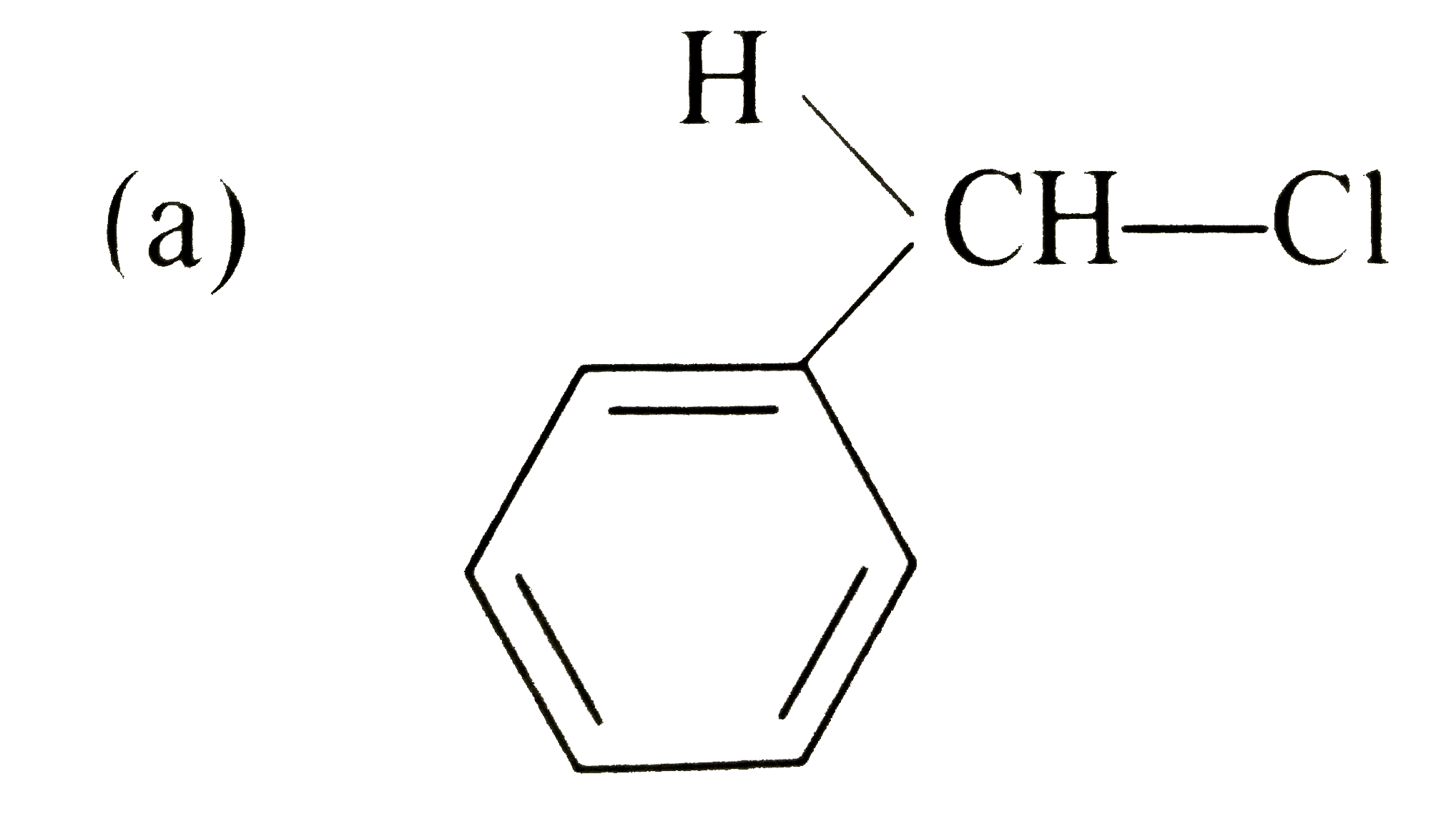 B
B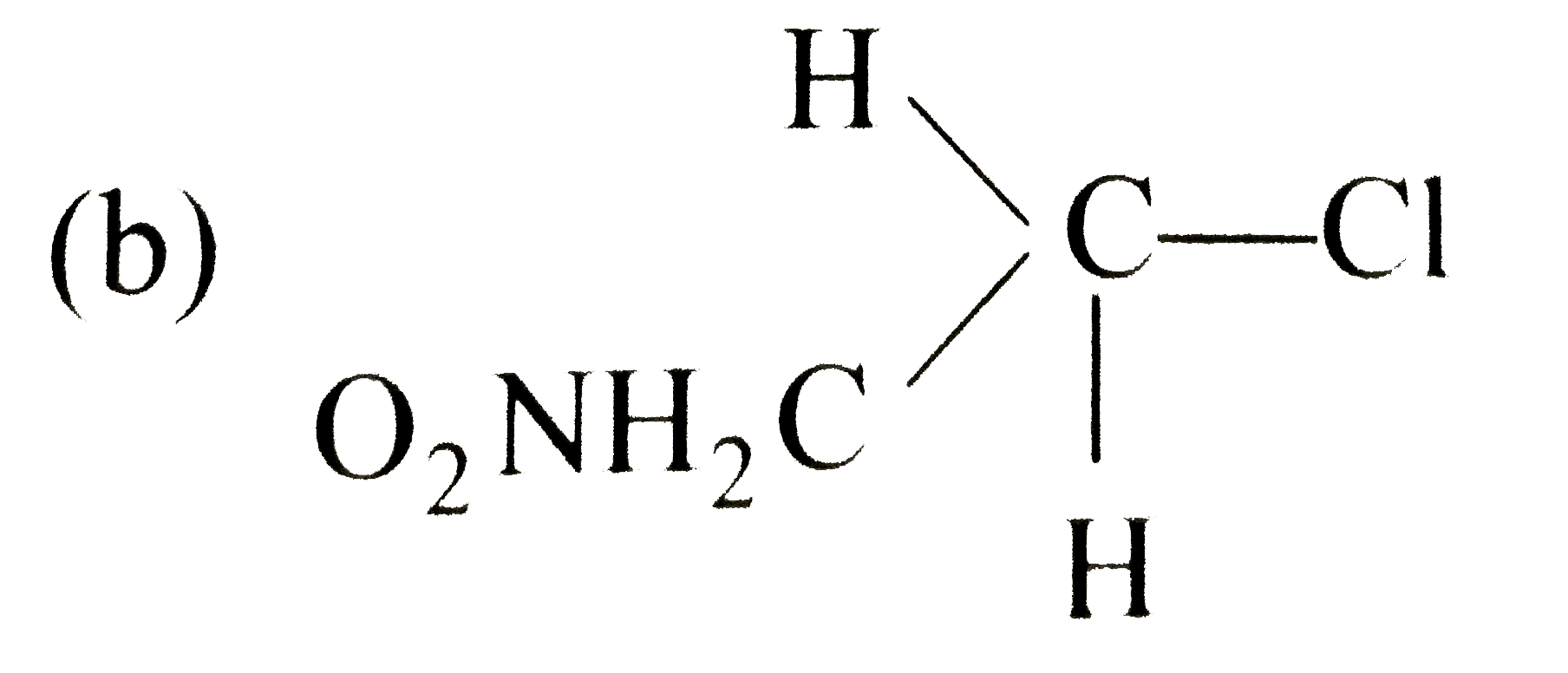 C
C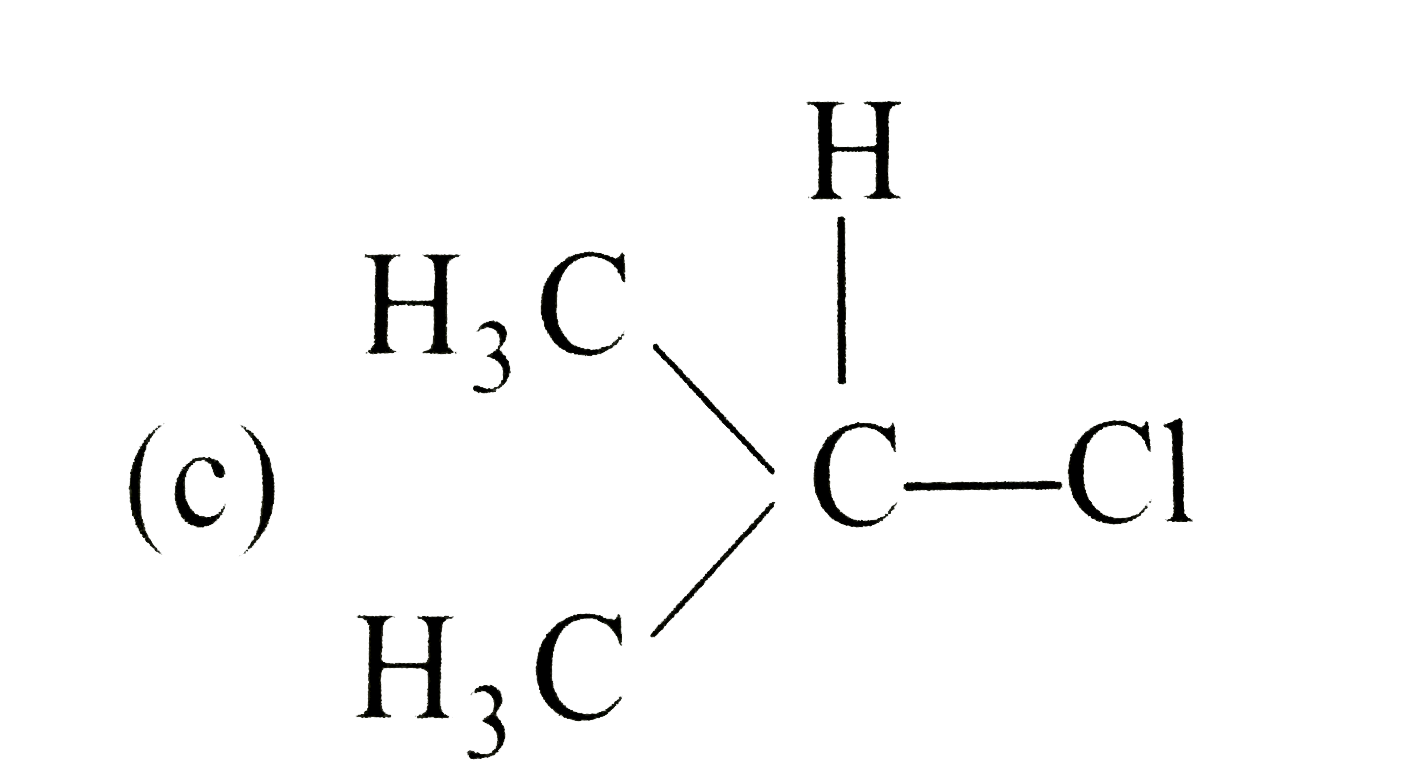 D
D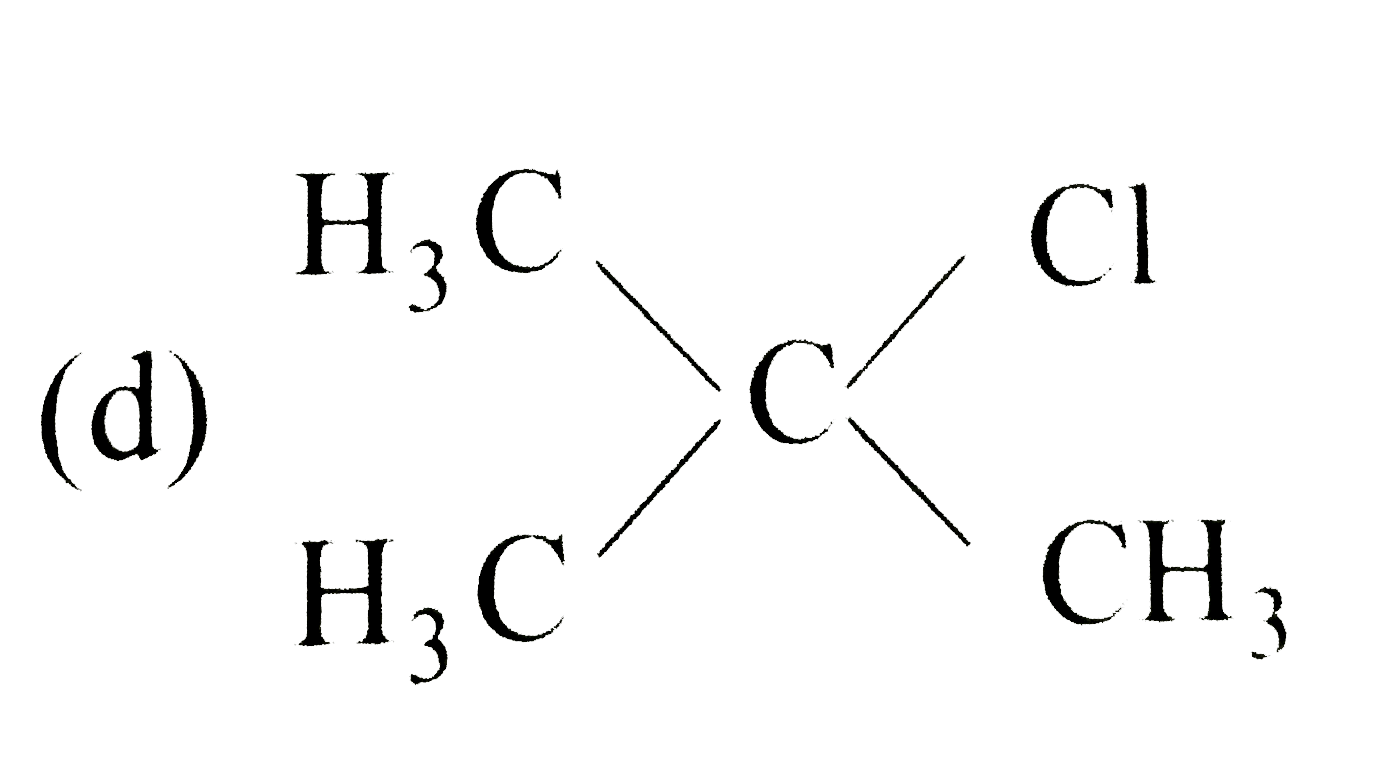
In which of the following compounds, the C-Cl bond ionisation shall give most stable carbonium ion?
A B
B C
C D
D
In which of the following compounds, the C-Cl bond ionisation shall give most stable carbonium ion
View SolutionIn which of the following compounds, the C-Cl bond ionisation shall give most stable carbonium ion
View SolutionIN which of the following compounds, the C-Cl bond ionization shall give most stable carbonium ion ?
View SolutionIn which of the following compounds, the C−Cl bond ionisation shall give most stable carbocation ion?
View SolutionMost stable carbonium ion is :
View Solution
